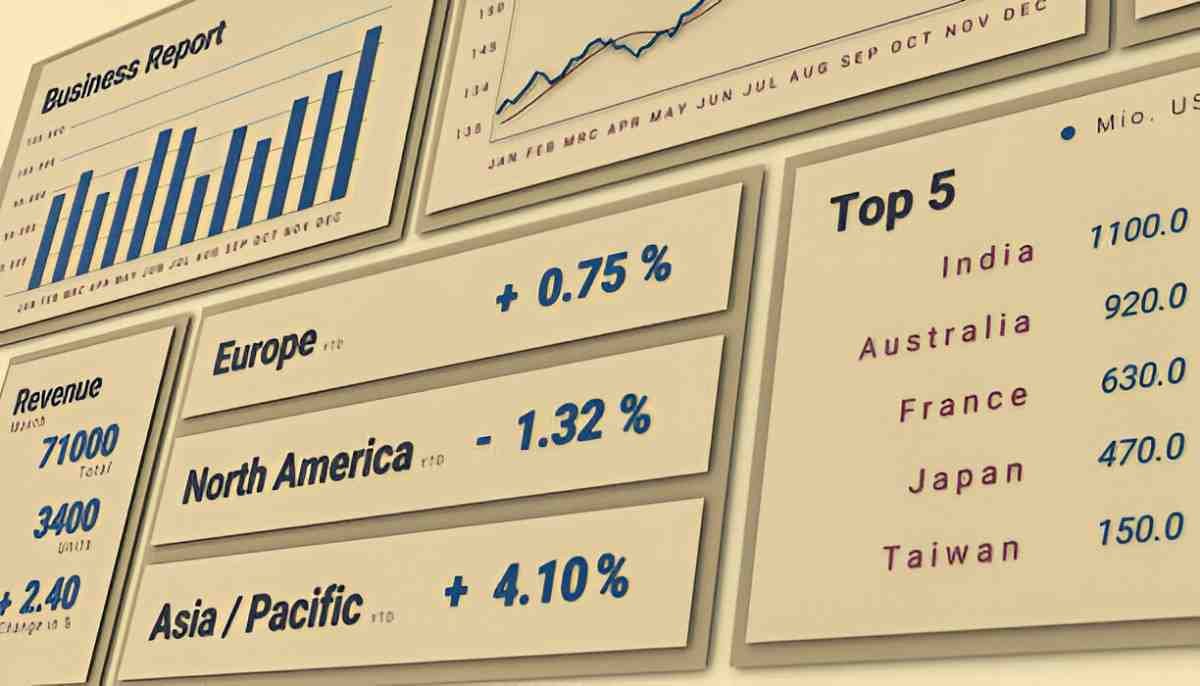FT Share Indexes, also known as Financial Times Share Indexes, are a series of stock market indices published by the Financial Times (FT). These indexes are designed to track the performance of specific groups of stocks listed on the London Stock Exchange (LSE) and provide insights into the overall performance of the UK stock market or specific sectors within it.
Table of Contents
Key Aspects of FT Share Indexes
1. Types of FT Share Indexes
- FTSE 100 Index: Tracks the performance of the 100 largest companies listed on the London Stock Exchange based on market capitalization. It is often used as a barometer of the overall UK stock market.
- FTSE 250 Index: Consists of the 101st to the 350th largest companies listed on the LSE by market capitalization, after the FTSE 100. It represents mid-cap companies in the UK.
- FTSE All-Share Index: Covers around 600 companies listed on the LSE, including those in the FTSE 100, FTSE 250, and small-cap stocks. It offers a broader view of the UK stock market.
- Sectoral and Industry Indices: FT Share Indexes also include indices that focus on specific sectors such as technology, healthcare, financials, etc. These indices help investors track the performance of particular industries.
2. Calculation Methodology
- Market Capitalization Weighted: Most FT Share Indexes are weighted by market capitalization, meaning companies with higher market values have a greater impact on the index’s performance.
- Price Weighted: Some indices, such as the FT 30 Index, are price-weighted, where the movements of higher-priced stocks have a larger effect on the index value.
- Free-float Adjusted: FTSE indexes often use a free-float methodology, adjusting index weights based on the proportion of shares that are available for public trading, rather than all shares outstanding.
3. Importance of FT Share Indexes
- Benchmarking: FT Share Indexes serve as benchmarks for evaluating the performance of investment portfolios, mutual funds, and other financial products. Investors compare their returns against these indexes to assess their investment performance.
- Market Analysis: Analysts and economists use FT Share Indexes to analyze trends in the UK stock market and specific sectors. They provide insights into market sentiment, economic health, and investor confidence.
- Investment Strategies: Investors use FT Share Indexes to implement investment strategies, such as index tracking (passive investing) or sector rotation strategies based on sectoral indices.
4. Example of FT Share Indexes
Example Scenario: The FTSE 100 Index and FTSE 250 Index are widely followed FT Share Indexes.
- FTSE 100 Index: Comprises companies like BP, HSBC, and Unilever. If the FTSE 100 Index rises by 2%, it indicates that the overall value of these 100 companies’ stocks has increased by that percentage.
- FTSE 250 Index: Includes companies such as JD Sports Fashion, Greggs, and Dunelm Group. A movement in the FTSE 250 reflects the combined performance of mid-sized companies listed on the LSE.
5. Considerations and Usage
- Global Impact: FT Share Indexes are globally recognized and influence investor sentiment worldwide, especially for investors interested in exposure to UK markets.
- Volatility and Risk Management: Investors use FT Share Indexes to assess market volatility and manage risks associated with their investments.
- Index Provider: The Financial Times Stock Exchange Group (FTSE) manages and calculates these indexes, ensuring transparency and adherence to international standards.
Conclusion
FT Share Indexes are essential tools in the world of finance, providing investors and analysts with valuable insights into the performance of the UK stock market and specific sectors. These indexes serve as benchmarks for evaluating investment portfolios, analyzing market trends, and implementing investment strategies. Understanding FT Share Indexes is crucial for learners in accounting and finance as it enhances their ability to interpret market data, make informed investment decisions, and navigate the complexities of the financial markets effectively. By leveraging FT Share Indexes, professionals can gain a deeper understanding of market dynamics, optimize investment strategies, and contribute to the overall growth and stability of their investment portfolios.





